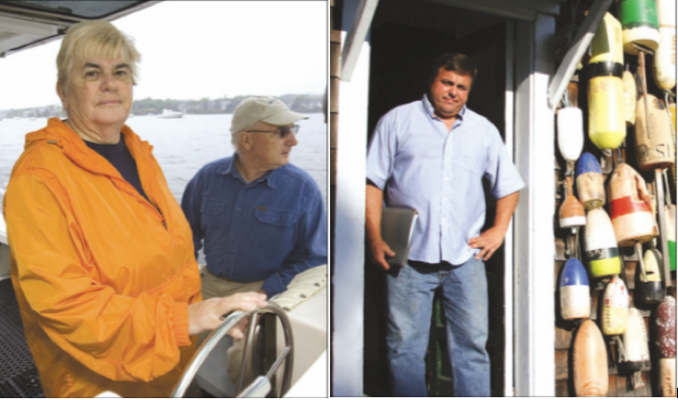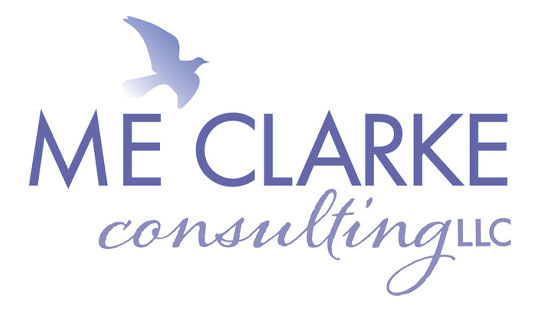
Challenge
For almost 30 years the Northeast fishing community has been at odds over how to best manage diminishing groundfish stocks. The Northeast region faced a severely depleted supply of groundfish resulting from decade if heavy fishing. To safeguard stock, the region implemented the toughest fishing regulations since the 70’s, however the results were not what environmentalists expected. The region was still experiencing diminishing numbers of groundfish and the rules resulted in severe socioeconomic impacts on the fishing community. This epidemic created a power struggle between fishermen, scientists, managers and environmentalists, all holding varying opinions on the best solution. To maintain long-term sustainability of the ecosystem and fishing community, a close partnership and shared vision between these parties had to be formed.
Process
The Northwest Atlantic Marine Alliance (NAMA) Board of Trustees undertook the challenge and resolved to engage the various stakeholders to develop a vision for the groundfish fleet. Looking for experience in the field of conflict resolution NAMA reached out to the Aria Group, where Meghan served as the Lead Project Manager, to create the Fleet Visioning Project. The Aria Group began the process with an outreach phase. 7,000 surveys were distributed to groundfish permit holders, researchers, conservationists, shore side business owners, environmentalists and more, asking three questions:
- If anything were possible, what is your vision for the future of the groundfish fleet?
- Why is the future of the ground fish fleet important to you?
- How can your vision of the fleet be most effectively implemented and what might you do to help?
250 individuals responded to the survey, forming the foundation for ten area workshops. The workshops were distributed geographically and included 65 of the survey respondents. In preparation for each of the sessions, the data was analyzed for common themes and served as the bases for each of these regional dialogues. Workshops began by participants sharing why the future of groundfishing fleet was important to them. Stories were shared in the form of personal narratives and written responses, giving insight into the history and tradition groundfishing had in the community. This exercise allowed all of the various stakeholders to recognize the commonalities in their desires, so it no longer felt as though they were fighting separate battles. Together they discussed their responses to survey questions and were able to forge a vision they could all agree on. For an industry that had learned to be divided, embattled, guarded, and competitive, the importance of these discussions cannot be understated.
Resolution
Once workshops were concluded and visions had been defined, 21 representatives from throughout the region met in Danvers, Massachusetts, for the Full Northeast Regional Workshop. The goal was to develop final consensus across shareholder groups and geographic areas on a final vision for the future of the region’s groundfishing fleet. Focusing on the similarities between each areas vision statements, the participants accepted, rejected or amended the vision lists, thus maintaining ownership of the process. Together, they forged a vision they could all connect with that combined the concerns of the geographic areas and various stakeholder groups.
Outcome
Stakeholders were able to join together to form a collaborative vision for the future of the groundfish fleet. The final vision embodied four principals for the future success of the groundfish fleet: diversity, economic viability, governance and environmental resilience. The shared vision for the future was to be “A diverse, economically sustainable fleet that is managed through a participatory governance structure.” Now the community can look to this vision and recognize they are working toward the same goal, which is monumental considering the diversity of the stakeholders involved. Through unity and incremental change, this vision opens the door to new conversations, building trust and answers to the bigger environmental and socioeconomic concerns. Changes are on the horizon, and the decisions that will determine these changes need the guidance this collaborative vision provides. Some of the successes to date include the language from this vision being used in renewing Magnuson Stephenson
Act, in decision making by the New England Fisheries Management Council as well as leading into the formation of various community initiatives including the Fish Local Collaborative.
Learn more about the Fleet Visioning Project:
Comprehensive Fleet Visioning Report
Northwest Atlantic Marine Alliance
From Conflict to a Shared Vision: Defining the Future of the Groundfishing Industry


